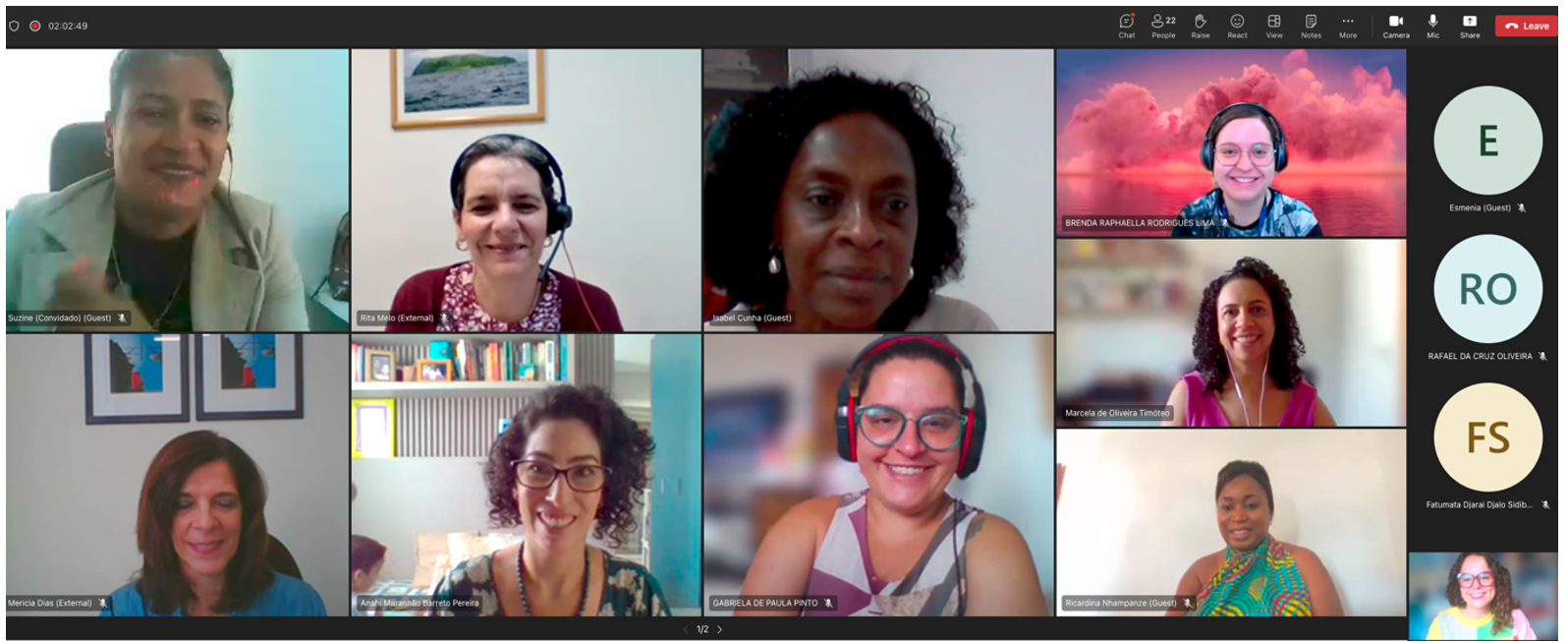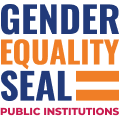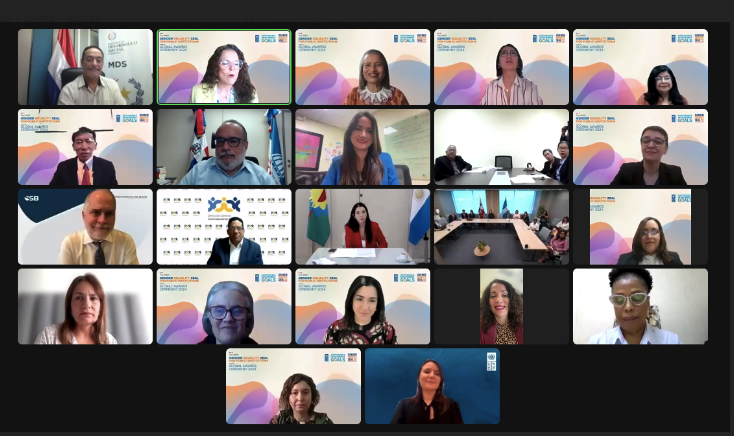Supreme Audit Institutions (SAIs) play a major role in shaping the discourse on public administration and public finance in addition to promoting accountability and transparency in government. However, despite their influence, many SAIs are yet to start incorporating gender equality perspectives into their work, which represents a missed opportunity to progress towards inclusive governance in the spirit of Agenda 2030.
To address this gap, UNDP PALOP-TL Regional Economic Governance Programme, together with the Federal Court of Accounts of Brazil (TCU), and in coordination with the UNDP Gender Equality Seal for Public Institutions Global Programme, recently organised a leadership course for women senior auditors from SAIs of the Portuguese-speaking countries in Africa (Angola, Cabo Verde, Guinea Bissau, Mozambique and Sao Tome and Principe) and Timor-Leste. The training builds on a wider range of efforts to promote gender equality in public administration and finance, including ongoing efforts to implement gender-responsive budgeting (GRB) under the Pro PALOP-TL SAI program.

The course was designed to build capacities and skills among senior auditors to effectively consider and communicate on gender equality issues in the context of their work. Key take-aways from the training include:
– Gender equality is a critical issue for SAIs, as it affects both the quality of their work and the legitimacy of the institutions.
– SAIs can play a significant role in promoting gender equality by incorporating gender considerations into their audit work, advocacy, and outreach activities.
– There is a growing body of evidence that gender-responsive budgeting is an effective tool for promoting gender equality.
– SAIs need to invest in training and capacity building to ensure that their staff are equipped to address gender equality issues.
One of the sessions of the course was dedicated to discussing UNDP’s Gender Equality Seal for Public Institutions as an instrument for advancing the gender equality agenda in Supreme Audit Institutions, within the recently signed partnership between UNDP and INTOSAI (International Organization of Supreme Audit Institutions) which is currently presided by the Federal Court of Accounts in Brazil (TCU).
Indeed, participants agreed that SAIs can and should do more to integrate a gender equality perspective into their public finance audit work. Priorities for action include dedicating institutional resources to gender equality objectives and programs, investing in capacity building for auditors to better incorporate gender equality into their work and exploring partnerships for gender equality with other public institutions and civil society. In the context of the PALOP-TL program, discussions are being held to explore opportunities for SAIs to engage in UNDP´s Gender Equality Seal for Public Institutions towards this objective.











